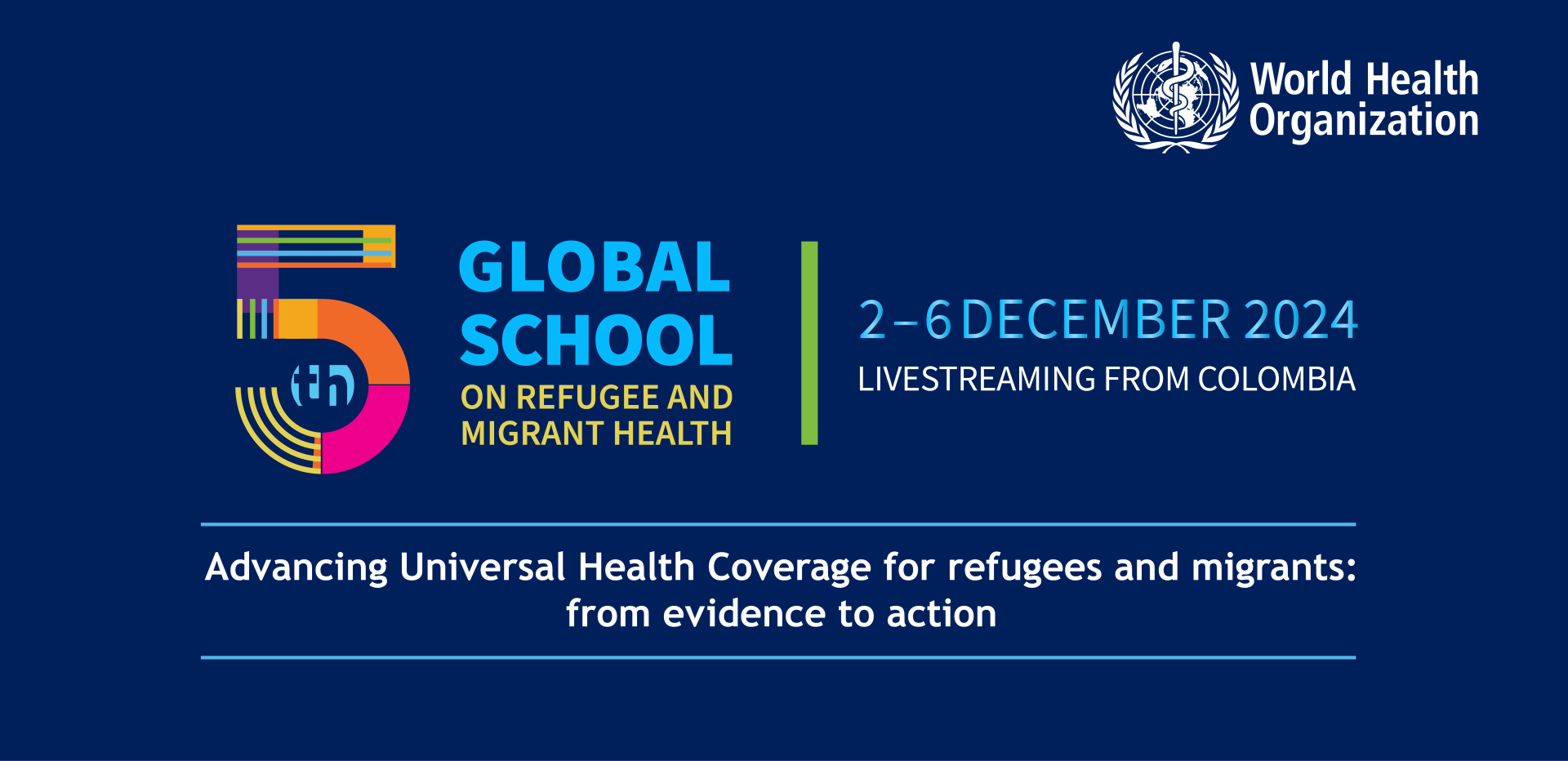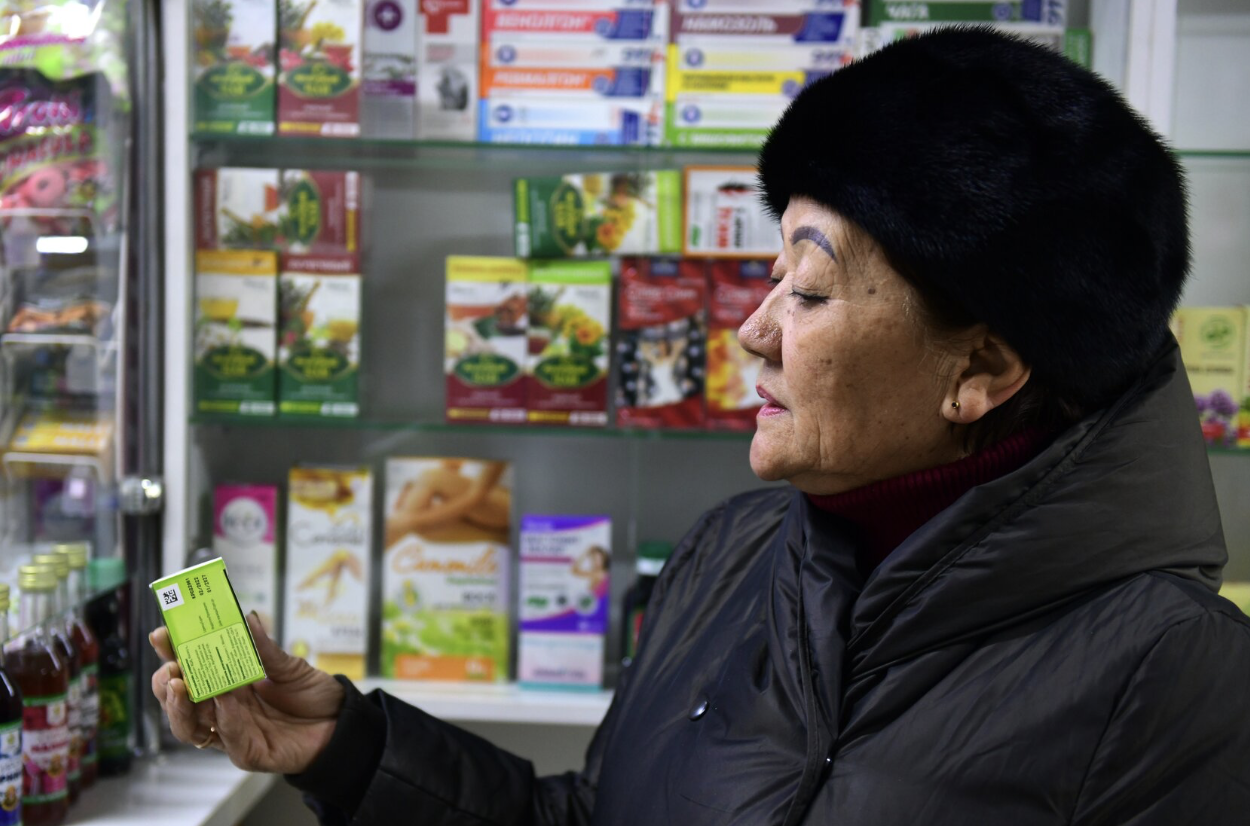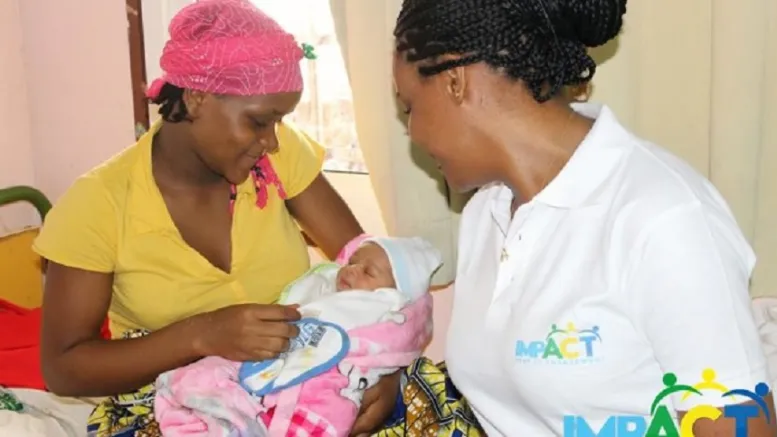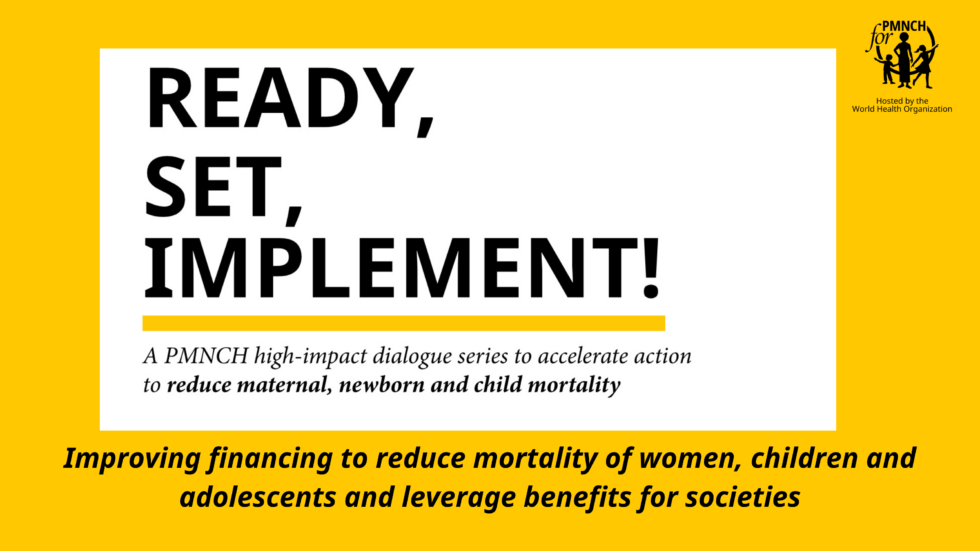Providing universal health coverage (UHC) in Afghanistan faces challenges due to the country's geographic topography and gender dynamics. A significant number of primary healthcare facilities are unevenly distributed, leaving nearly 25% of the population underserved,...

5th Edition of the WHO Global School on Refugee and Migrant Health
The WHO Global School on Refugee and Migrant Health convened experts to advance Universal Health Coverage for displaced populations. Discussions focused on inclusive policies, health financing, and integrating migrants into national health systems.The 5th edition of...

UHC-Partnership: Kyrgyzstan controls the prices of essential medicines in pursuit of health for all
Kyrgyzstan’s 2023 price regulation on essential medicines has made hypertension treatment more affordable for hundreds of thousands, improving financial protection. However, the recent introduction of VAT on medicines threatens these gains, prompting ongoing...
Stepping stones towards social protection and climate resilience in the Maldives
The report examines the connection between social protection and climate change policies in the Maldives, emphasizing that these two areas are often not integrated despite their potential benefits. It highlights the growing risks faced by vulnerable populations in...
Fostering inclusion: Advancing social health protection for persons with disabilities in Cambodia, the Lao People’s Democratic Republic and Viet Nam
Advancing disability-inclusive social protection is essential for achieving universal access to social health protection, which fosters social inclusion and economic participation for persons with disabilities. A holistic approach is needed to ensure that social...
South Korea’s healthcare expenditure: a comprehensive study of public and private spending across health conditions, demographics, and payer types (2011–2020)
South Korea's healthcare expenditure rose significantly from $45.6 billion in 2011 to $76.9 billion in 2020, accounting for 9.3% of GDP. Despite universal health coverage, out-of-pocket (OOP) expenses remain high, particularly for women and the elderly. Public...
Who pays to treat malaria and how much? Analysis of the cost of illness, equity and economic burden of malaria in Uganda
Case management of malaria in Africa has significantly progressed over the past two decades, necessitating updated cost estimates for effective malaria control policies. In Uganda, a costing exercise revealed that the mean societal economic cost for treating suspected...
The other health care system in Germany: care for people without health insurance
A study identified 128 institutions in Germany providing healthcare to uninsured individuals. The care offered was varied and often reliant on private donations, with specialties including general medicine, gynecology, and psychiatry, but overall access was uneven and...
Determinants of out-of-pocket expenditure on medicines among adults in Saudi Arabia: a cross-sectional study
This study examined out-of-pocket (OOP) expenditures on medications among adults in Saudi Arabia using data from the 2018 Family Health Survey. The average OOP expenditure was estimated at 279.69 Saudi Riyals. Key determinants of OOP spending included age, household...
WHO and the Ministry of Health of North Macedonia assessed barriers to care in rural areas
WHO and the Ministry of Health of North Macedonia published a report that assessed barriers to care in North Macedonia, focusing in rural areas and small urban settlements. In the overview of the report, WHO stated: This study, conducted in North Macedonia, explored...
Rwanda’s Single Project Implementation Unit: An Effective Donor Coordination Platform in the Journey to Achieving Universal Health Coverage
After the 1994 Genocide, Rwanda focused on rebuilding its health system with global aid. However, coordination issues led to inefficiencies. The 2011 formation of the Single Project Implementation Unit aimed to enhance planning for universal health coverage, but...
Staying the Course: Reflections on the Progress and Challenges of the UHC Law in the Philippines
The Philippine UHC law, enacted in 2019, aims to enhance equitable access to quality health services by reforming the PhilHealth and supporting local government units through a Special Health Fund. Despite facing implementation challenges, the initiative highlights...

Free childbirth a reality in Gabon
Since August 2024, Gabon has been offering free deliveries in public hospitals. The aim is to end, if not limit, maternal and infant mortality. However, there are still grey areas and challenges to be met. Only from the sixth month of pregnancy will women be covered,...

PMNCH Dialogue: Improving financing to reduce mortality of women and children
Join PMNCH's virtual dialogue on 10 Dec 2024, focusing on financing to reduce mortality and improve health for women, children, and adolescents, featuring experts and innovative investment strategies. The third instalment of PMNCH’s Ready, Set, Implement Dialogue...
Socioeconomic Inequalities in Out-of-Pocket and Catastrophic Health Expenditures in Pakistan
In Pakistan, healthcare utilization is linked to out-of-pocket payments (OOP) which disproportionately affect low-income households. The study investigated socioeconomic inequality in OOP and catastrophic health expenditures (CHEs), and the contribution of...
